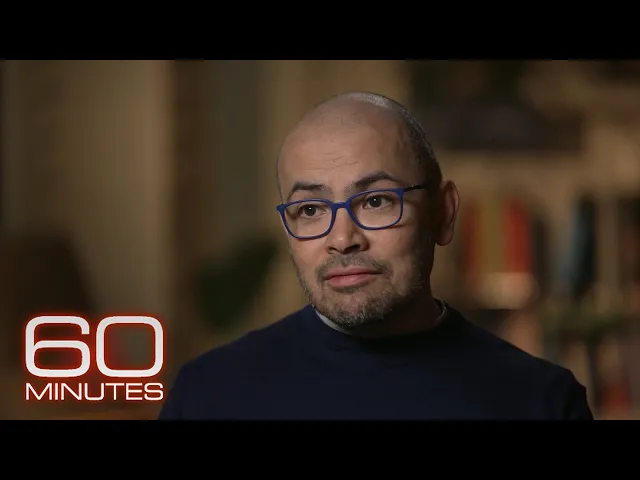What’s next for AI at DeepMind, Google’s artificial intelligence lab

What's next for AI at DeepMind? A glimpse into our future
DeepMind, Google's AI powerhouse, is pushing the boundaries of artificial intelligence at a pace that's nothing short of breathtaking. I recently delved into a fascinating 60 Minutes interview with Demis Hassabis, DeepMind's genius co-founder and CEO, who shared insights about where AI is headed. Here's what you need to know.
The exponential rise of AI capabilities
Hassabis, a former chess prodigy who recently won a Nobel Prize for his work in protein folding, describes AI progress as moving on an "exponential curve" — not just growing quickly, but accelerating. This rapid advancement is fueled by increasing attention, resources, and talent flooding into the field.
What does this mean for us? AI systems are getting dramatically more capable each year, not just incrementally better.
Meet Astra: your AI companion with eyes
One impressive demonstration featured Astra, a new generation chatbot that can see and interpret the world. Unlike earlier AI systems that only learned from text on the internet, Astra can understand visual information and respond to it thoughtfully.
During the demonstration, Astra:
- Correctly identified famous paintings instantly
- Analyzed emotions of subjects within artwork
- Created poignant stories about what it was seeing
- Responded with surprising emotional intelligence
When integrated into eyeglasses, Astra can see what you see and provide information about your surroundings in real-time, creating a seamless AI companion experience.
Toward artificial general intelligence (AGI)
Hassabis believes we're on track to achieve artificial general intelligence — AI with human-like versatility but superhuman speed and knowledge — within the next 5-10 years. By 2030, he envisions systems that "understand everything around you in very nuanced and deep ways" and are "embedded in your everyday life."
DeepMind's current focus includes:
- Gemini: An AI model being trained to not just understand the world but to act in it (booking tickets, shopping online)
- Robotics: Hassabis predicts a "breakthrough moment" in the next couple of years with humanoid robots performing useful tasks
Recent Videos
How To Earn MONEY With Images (No Bullsh*t)
Smart earnings from your image collection In today's digital economy, passive income streams have become increasingly accessible to creators with various skill sets. A recent YouTube video cuts through the hype to explore legitimate ways photographers, designers, and even casual smartphone users can monetize their image collections. The strategies outlined don't rely on unrealistic promises or complicated schemes—instead, they focus on established marketplaces with proven revenue potential for image creators. Key Points Stock photography platforms like Shutterstock, Adobe Stock, and Getty Images remain viable income sources when you understand their specific requirements and optimize your submissions accordingly. Specialized marketplaces focusing...
Oct 3, 2025New SHAPE SHIFTING AI Robot Is Freaking People Out
Liquid robots will change everything In the quiet labs of Carnegie Mellon University, scientists have created something that feels plucked from science fiction—a magnetic slime robot that can transform between liquid and solid states, slipping through tight spaces before reassembling on the other side. This technology, showcased in a recent YouTube video, represents a significant leap beyond traditional robotics into a realm where machines mimic not just animal movements, but their fundamental physical properties. While the internet might be buzzing with dystopian concerns about "shape-shifting terminators," the reality offers far more promising applications that could revolutionize medicine, rescue operations, and...
Oct 3, 2025How To Do Homeless AI Tiktok Trend (Tiktok Homeless AI Tutorial)
AI homeless trend raises ethical concerns In an era where social media trends evolve faster than we can comprehend them, TikTok's "homeless AI" trend has sparked both creative engagement and serious ethical questions. The trend, which involves using AI to transform ordinary photos into images depicting homelessness, has rapidly gained traction across the platform, with creators eagerly jumping on board to showcase their digital transformations. While the technical process is relatively straightforward, the implications of digitally "becoming homeless" for entertainment deserve careful consideration. The video tutorial provides a step-by-step guide on creating these AI-generated images, explaining how users can transform...
